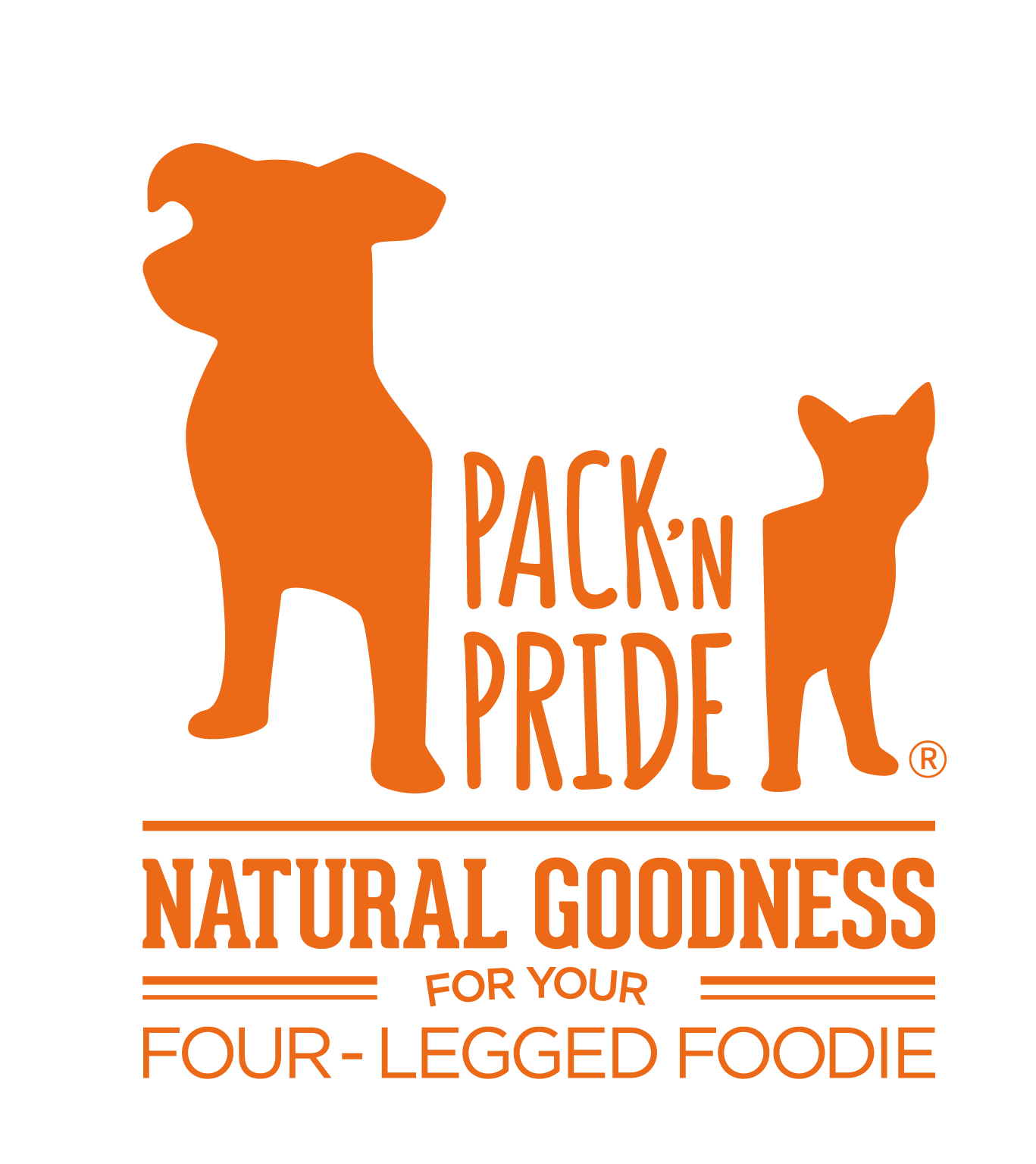As a retailer, it’s crucial to understand the essential nutrients in pet food to provide the best options for your customers. Knowing what goes into pet food and how it benefits pets can help you make informed decisions, offer better advice, and ultimately boost your sales. This comprehensive guide delves into the key nutrients required for optimal pet health and how to choose nutritionally balanced pet foods.
Introduction
Ensuring that pets receive the right nutrients is crucial for their health and well-being. With the growing demand for high-quality pet food, understanding the essential nutrients that cats and dogs need and how to choose nutritionally balanced pet foods is vital for retailers.
Essential Nutrients for Cats
Cats are obligate carnivores, which means they require specific nutrients that are primarily found in animal products. These nutrients support various bodily functions, from energy production to maintaining healthy skin and coat.

Protein
Protein is vital for cats as it supports growth, muscle development, and overall health. It is made up of amino acids, which are the building blocks of tissues. Cats require a higher protein intake compared to many other animals because they use protein as a primary energy source.
- Sources of Protein: High-quality cat food should contain animal-based proteins such as chicken, fish, beef, and lamb. Look for ingredients like “chicken meal” or “fish meal” as these indicate concentrated protein sources.
- Benefits: Adequate protein intake helps maintain lean muscle mass, supports the immune system, and provides energy.

Taurine
Taurine is an amino acid essential for heart health, vision, and reproductive function in cats. Unlike some other animals, cats cannot produce sufficient taurine on their own and must obtain it from their diet.
- Sources of Taurine: Taurine is naturally found in animal tissues, particularly in the heart and liver. Ensure the cat food you stock lists taurine as an ingredient.
- Benefits: Sufficient taurine intake prevents retinal degeneration, heart disease, and reproductive issues.

Fats
Fats are a concentrated source of energy and essential fatty acids necessary for various physiological functions in cats. They also enhance the palatability of food, making it more appealing to cats.
- Sources of Fats: Common sources include chicken fat, fish oil, and flaxseed oil.
- Benefits: Fats support healthy skin and coat, aid in the absorption of fat-soluble vitamins (A, D, E, K), and provide energy.

Essential Nutrients for Dogs
Dogs are omnivores and require a balanced diet that includes a variety of nutrients from both animal and plant sources. These nutrients are crucial for their overall health, growth, and energy levels.
Carbohydrates
Carbohydrates provide dogs with the energy they need for daily activities. While not essential in large amounts, they play a significant role in a dog’s diet.
- Sources of Carbohydrates: Look for ingredients like rice, oats, barley, and sweet potatoes in dog food.
- Benefits: Carbohydrates supply energy, support digestive health through dietary fiber, and can aid in weight management.

Vitamins and Minerals
Vitamins and minerals support various bodily functions in dogs. Key vitamins include A, D, E, and K, while essential minerals include calcium, phosphorus, and potassium.
- Sources of Vitamins and Minerals: These are typically added as supplements in commercial dog foods or found in natural ingredients like fruits, vegetables, and meat.
- Benefits: Vitamins and minerals are essential for bone development, immune function, and overall health maintenance.

Omega Fatty Acids
Omega-3 and Omega-6 fatty acids are crucial for dogs’ health, contributing to brain function, skin health, and inflammation control.
- Sources of Omega Fatty Acids: Fish oil, flaxseed oil, and chicken fat are common sources.
- Benefits: Omega fatty acids promote a healthy coat, reduce inflammation, and support cognitive function.

How to Choose Nutritiously Balanced Pet Foods
When selecting pet foods, it’s important to read the labels and ensure that the product meets the nutritional needs of pets. Here are some tips to help you choose high-quality pet foods:
Look for Quality Ingredients
High-quality ingredients are crucial for pet health. Choose products with clearly listed, natural ingredients and avoid those with unspecified “meat by-products” or artificial additives.
- Animal-Based Proteins: Ensure the first ingredient is an animal-based protein source.
- Whole Grains and Vegetables: Look for whole grains and vegetables that provide essential nutrients and fiber.
Check for Certifications
Certifications from organizations like the Association of American Feed Control Officials (AAFCO) indicate that the food meets established nutritional standards.
- AAFCO Standards: Ensure the product states it meets or exceeds AAFCO guidelines.
- Other Certifications: Look for additional certifications such as USDA Organic or Non-GMO Project Verified for added assurance of quality.
Understand the Nutritional Statement
The nutritional adequacy statement on pet food packaging indicates whether the food provides complete and balanced nutrition for a specific life stage.
- Life Stage Specific: Ensure the food is appropriate for the pet’s life stage, whether it’s for growth, maintenance, or all life stages.
- Complete and Balanced: Look for statements like “complete and balanced” which mean the food contains all essential nutrients.
Conclusion
Providing your customers with the right pet foods is essential for their pets’ health and happiness. By understanding the essential nutrients and choosing high-quality, nutritionally balanced products, you can ensure that the pets you serve live long, healthy lives.
As a retailer, being knowledgeable about pet nutrition not only helps you stock the best products but also builds trust with your customers, positioning you as an expert in the industry. For more information on pet nutrition and our premium pet food products, contact us today or visit our product page.
Request a Free Sample
By following this guide, you can confidently recommend pet foods that support the health and well-being of pets, ensuring happy customers and thriving business.

